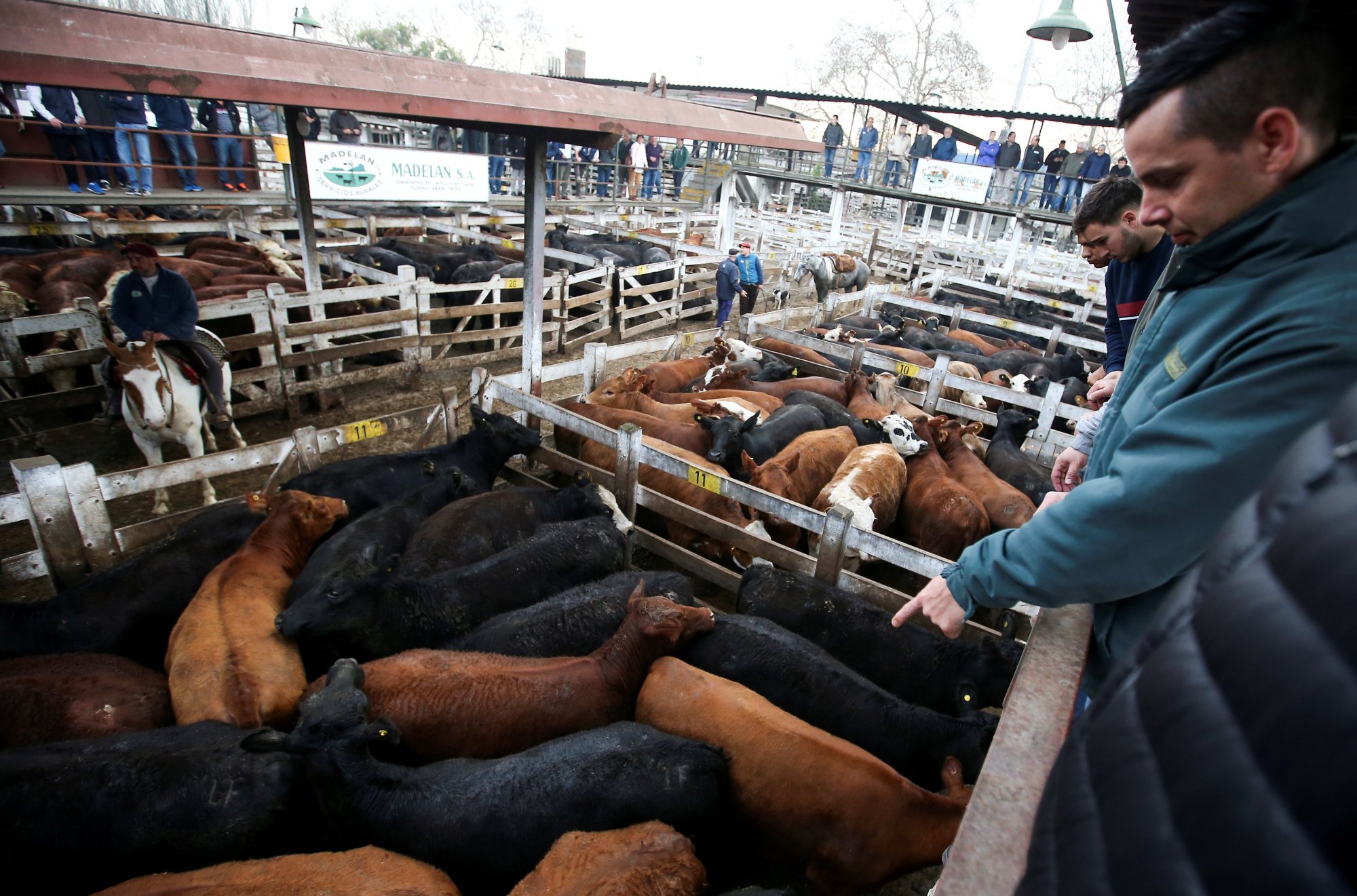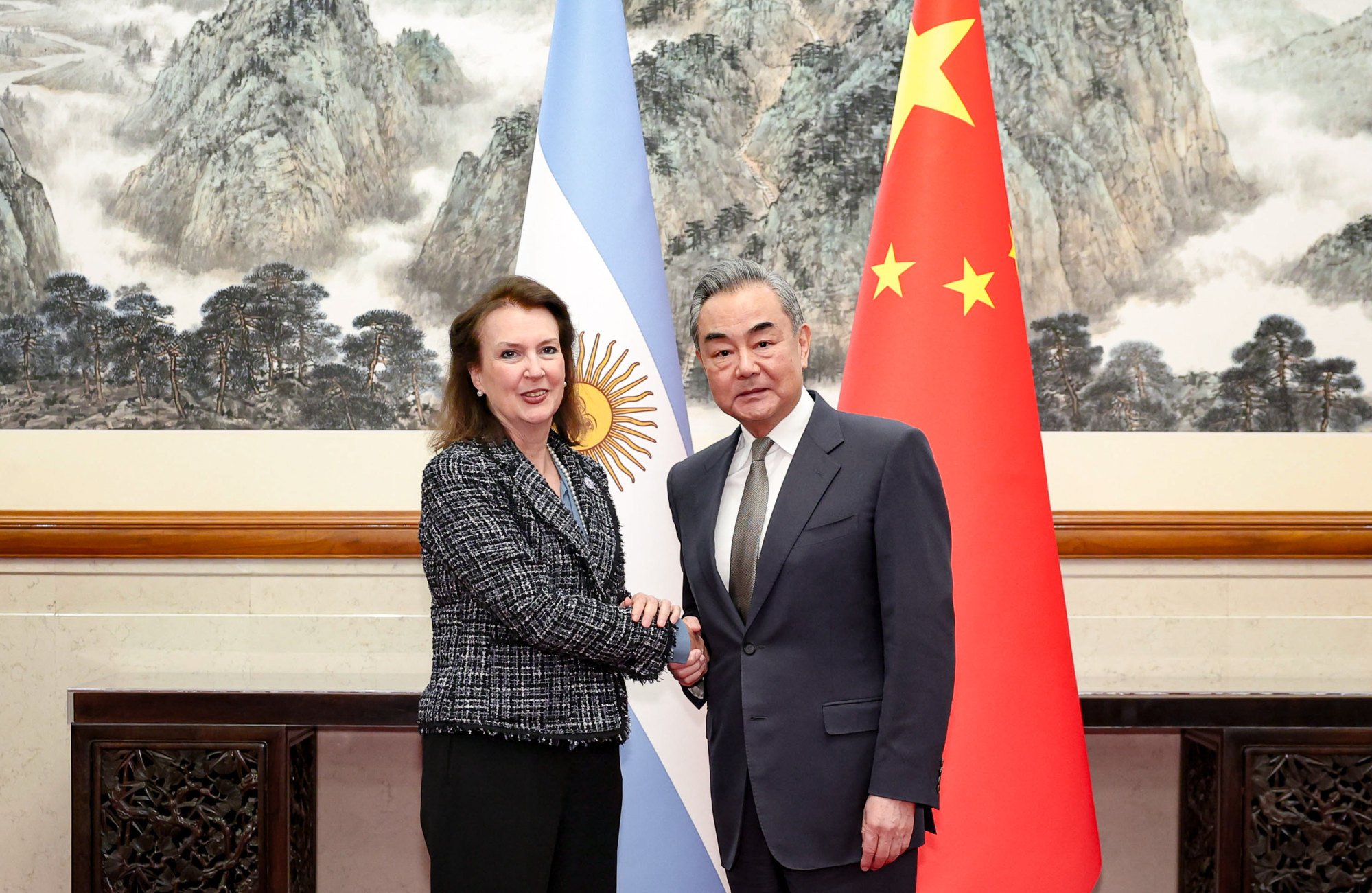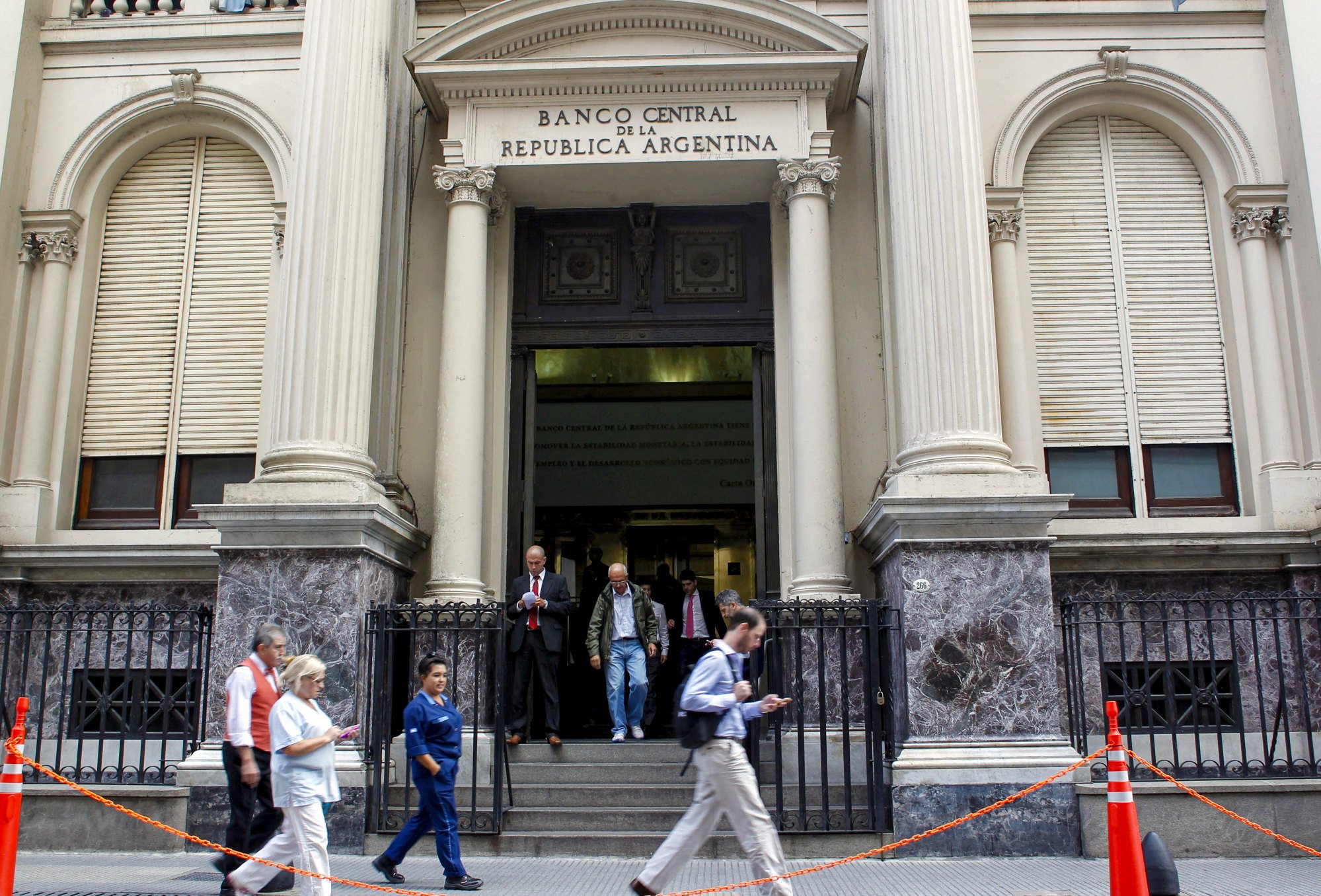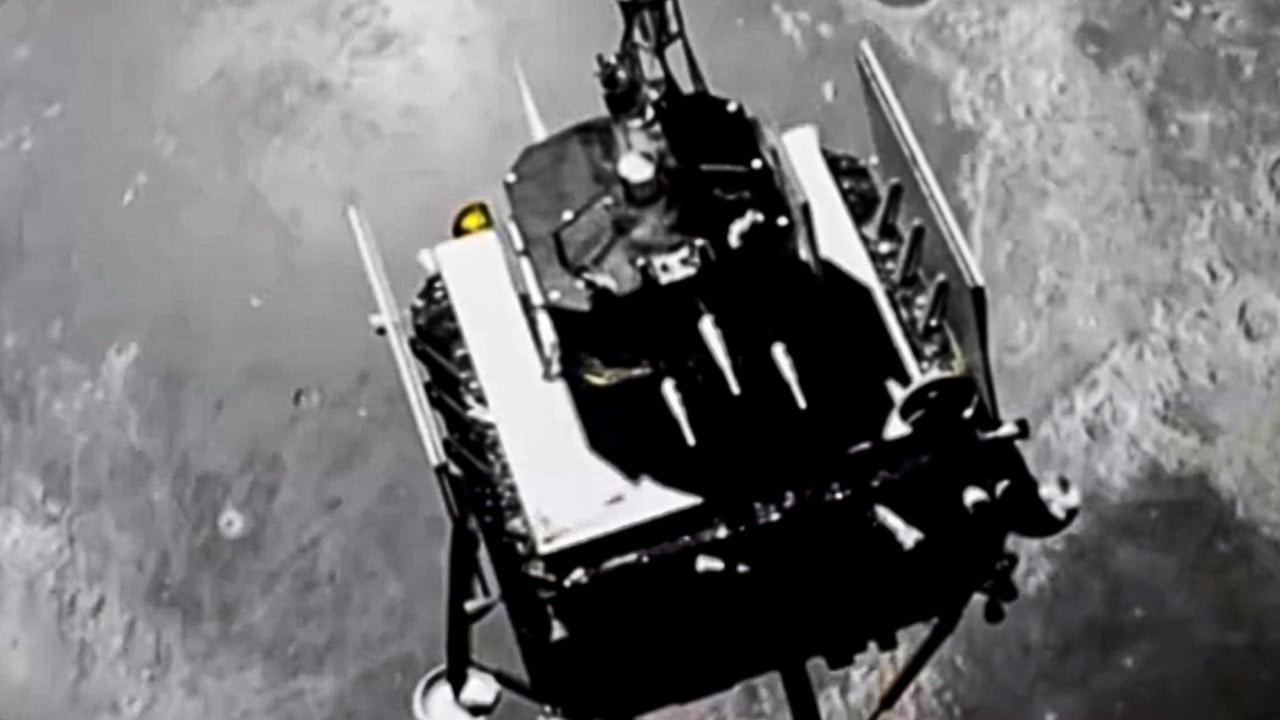Argentina, on the other hand, is a world-class producer of agricultural products such as beef, soybeans, barley and sorghum. In all of them, Argentina has a leading position and is a reliable and stable partner – remarkable aspects in what local authorities perceive as an increasingly complex international environment.
The relevance of the Chinese market is addressed every year by our manufacturing sector when the companies visit their local clients, make roadshows or when they participate in relevant trade fairs such as SIAL Shanghai, CIIE or CFDF.
As a country, we work with a view to continue securing affordable, environmentally friendly and good quality food products to the Chinese people. This is directly linked to investment, a field where Argentina and China have worked closely during the past decade to build reliable and resilient value chains.
In the context of the bilateral mechanisms in place, we have identified key areas for mutually beneficial cooperation. These include road and railway modernisation and inland and sea logistics in general which are crucial for enhancing Argentina’s export capacities.

In the same vein, we have been working closely towards creating environmentally friendly energy sources in Argentina. This resulted in one of the world’s largest solar farms, located in Jujuy province.
On the other hand, from a political perspective, it is worth mentioning that since February 19, 1972, the bilateral relationship has experienced a continuous and fluid development, based on the will of both countries to consolidate, develop and diversify their ties through a broad, reciprocal and permanent cooperation.
As a result of this successful path we have reached a level of relationship where we can highlight milestones such as having completed 10 years of comprehensive strategic partnership with China, consolidating a relationship that grows in a positive and sustained manner.
In this context, we acknowledge and are grateful for facts that give an example of the level of relationship achieved, valuing the solid and sustained support provided by the government of the People’s Republic of China to Argentina’s sovereignty claim and position on the issue of the Malvinas Islands. Likewise, Argentina maintains and reaffirms its attachment and respect for the principle of one China.
Since Milei took office, there have been discussions of a possible policy shift in relations with China. What are the priorities in Argentina’s ties with China under Milei?
To flourish, trade and investment require, in essence, stability over the years. During the past two decades, both trade and investment between our countries have increased significantly as a result of the natural complementarities of both economies and the work undertaken by leaders.
Argentina deems the relationship of its productive sector with China as strategic. Therefore, the main aim is to continue working closely to maximise cooperation for the identification of common opportunities, the negotiation of market access protocols, the transfer of technology, etc.

This administration intends to continue deepening the bilateral relationship, reaffirming the bonds of friendship and the principles we have built together, accompanying the interest expressed by our authorities on the basis of strengthening the bilateral relationship and recognising the importance of bilateral dialogue mechanisms between Argentina and China.
In 2024, it is proposed to continue developing these fundamental tools, based on issues related to the national interest of each of our countries, reactivating and promoting the various existing bilateral cooperation mechanisms.
How do you think the two countries can navigate the ups and downs in bilateral ties? What do you think will be the best way for the two countries to strengthen mutual trust and keep bilateral ties stable?
From Argentina’s viewpoint, trade basically relies on the interest of businesspeople and we are confident that after several years of doing business, the interest of business communities of both nations is more alive than ever.
We perceive this every time beef producers come to China for business round tables and we have to reschedule meetings with Chinese counterparts due to the limited time to accommodate every party.
We perceive the same interest when Chinese companies seeking investment opportunities in the field of agribusiness, energy and mining contact us with the aim of learning from a primary source the potential still [to be] unleashed in our country.
There is a deep belief that this large untapped potential will guarantee ever more fruitful ties in the long run.
Ups and downs may take place, but what remains are the outcomes of the trade being done by companies, the positive impact that investment in infrastructure has in citizens’ daily lives and a horizon of opportunities for strengthening Argentina’s capabilities to help with China’s food and energy needs.
Following your analogy about navigation, we’re guided by these outcomes and that promising horizon, and it is our duty to identify the opportunities that companies – naturally focused each of them in their business making – cannot foresee.
Both Argentina and China are emerging economies, and the two sides have worked together in areas such as trade, polar research and infrastructure. In which areas do you think the two sides can deepen their cooperation further?
We believe that there is plenty of room for further cooperation that might have an impact on trade. Current trade flows involve products embedded with a great portion of research and development.
Take car manufacturers, for instance, that went through a great transformation in their business and nowadays all the basic functionalities in any car depend on a semiconductor.
Back in the day, it used to be about the design or the engine. Nowadays, the consumer is centred in the interaction with the vehicle’s screen, its comfort and energy efficiency. These are all fields mastered by Chinese companies and a potential area for know-how and technology transfer.
Argentina, on the other hand, also trades with research and development while exporting agricultural products. The farming sector in Argentina is 100 per cent science-based, from the research and development of new seeds to the development of agtech apps and the use of harvesting machinery manufactured locally.
In the same vein, we are producers of frontline technology in fields such as nuclear energy, with experience in the manufacturing and sale of small nuclear reactors, and also microsatellite solutions.
Moreover, it is important to remember that since 1904, our country has had a permanent and uninterrupted presence in Antarctica, being the oldest continuous presence in the continent.
We are also one of the 12 original signatories of the Antarctic Treaty of 1959. The treaty establishes that Antarctica is to be used exclusively for peaceful purposes, prohibiting all military activity and the testing of all types of weapons.
International cooperation is not only a mandate of the Antarctic Treaty, but an indispensable instrument to carry out the large number of scientific activities in a continent whose challenges for science and logistics are remarkable.
Argentina has developed intense cooperation with many countries. In some cases this has been going on for many years, so it is always willing to move forward on positive agendas in this regard.
Another sector linked to science and technology in which both countries have important collaboration is space.
The deep space research base that the Chinese space authorities operate in the Argentine province of Neuquén is the only one of its kind that China operates abroad, and it recently played a very important role in the arrival of the Chang’e-6 lunar probe to the far side of the moon, along with the collaboration of the European Space Agency and other countries. There is also cooperation in satellite material with deepening possibilities.
In addition, I believe that there are other priority areas such as tourism in which cooperation has mutual benefits. Argentina is working to increase the receptive capacity of Chinese tourism, with special attention to tourism infrastructure and services.
We see with great enthusiasm the growing interest of Chinese tourists in getting to know Argentina’s gastronomy, culture and landscapes.
Following Mondino’s visit to China in April, will we be expecting some updates about the currency swap agreement?
The Central Bank of the Argentine Republic and the People’s Bank of China have maintained currency exchange agreements for more than 10 years as part of an extensive cooperation in financial matters.
On June 12, Argentina’s central bank announced it had reached an agreement with its counterpart for the gradual repayment (in 2025 and 2026) of the activated portion of the currency swap. This is yet further proof of China’s support towards Argentina’s efforts in maintaining economic and financial stability.
Has there been any progress on the free-trade agreement talks?
There is increasing interest from both sides to work towards the negotiation of an FTA. This may take place as long as it falls within the scope of the legal mandate we have as a Mercosur state party.
Together with Brazil, Uruguay and Paraguay, Argentina is part of the Mercosur customs union and it is bound by its founding protocol, where tariff negotiations can only take place if all the parties agree to do so.

This being said, Argentina is determined to upgrade its market access with all relevant trade partners. Therefore, it is ready to engage in conversations about trade at any level.
Chinese President Xi Jinping is expected to visit Latin America this year. How do you assess Latin America’s ties with China? In which areas do you think there will be room to improve?
From an economic viewpoint, improvement can be achieved if we continue strengthening bi-regional cooperation forums. Latin America and China belong to the Global South, where there are indeed certain common challenges in terms of infrastructure, health, access to technology, inequality, etc. Nowadays we also face challenges in the field of sustainable manufacturing and clean energy development.
All these matters are part of shared problems which we are sure cannot be solved individually by each country. Therefore, we certainly value the chance to exchange views and explore possible solutions together.
In addition, we have to consider that the visit of President Xi within the framework of the Apec 2024 forum to be held in Peru – despite not being a mechanism in which Argentina participates – and his participation in the next G20 meeting in Brazil, of which Argentina is part, are very good news for the region as a whole.
Likewise, in relation to the link between the region and China, throughout this year and next, multiple events will be taking place within the framework of the CELAC-China Forum, which will allow deepening cooperation and the exchange of ideas on various topics.
China’s presence in Latin America has been expanding but has drawn some scrutiny from the US. From the region’s perspective, how do you assess China’s presence and the rivalry between China and the US?
China’s presence in the region comes as a natural result of its growing relevance in world trade.
The international trade landscape has grown increasingly difficult in past years, but from Argentina’s viewpoint it is necessary to continue strengthening multilateralism and trade institutions with capacity to enforce a rules-based system.
This is the only way in which new challenges faced by competitors over the world can be solved in a fair and equitable manner. We’re ready to cooperate and strengthen trade ties with all parties.
From Argentina’s perspective, relations with third countries are based on the protection and fulfilment of our national interest. Argentina maintains excellent relations with both countries in a wide range of areas and sectors and expects to maintain and deepen them in the future.



